The strengthening humanitarian response and building community resilience in Nigeria (NE-CORE) project kickoff meeting in Maiduguri, Borno state, Northeast Nigeria
A NE-CORE SUCCESS STORY
FHI 360 commenced the implementation of the Strengthening Humanitarian Response and Building Community Resilience (NE-CORE) Project funded by the U.S. Agency for International Development (USAID) Bureau for Humanitarian Assistance (BHA), which aims to enhance access to immediate basic needs such as food needs, health, nutrition, protection services, shelter, clean water, and sanitation for Internally Displaced Persons in camps and host communities in Borno State.
On August 30, 2023, FHI 360 ushered the Strengthening Humanitarian Response and Building Community Resilience in Northeast Nigeria (NE-CORE) consortium project to stakeholders, partners, and relevant authorities by organizing a one-day kick-off workshop at Grand pinnacle luxury hotel Maiduguri. The USAID-funded project: kick-out workshop organized by the consortium (FHI 360, DRC (Danish Refugee Council), Mercy Corps, and INTERSOS) aimed to establish clear roadmaps/strategies for the project, elaborate project targets, locations, responsibilities, and organizations involved in the consortium, and ensure key stakeholders are engaged and expectations managed through the period of implementation.
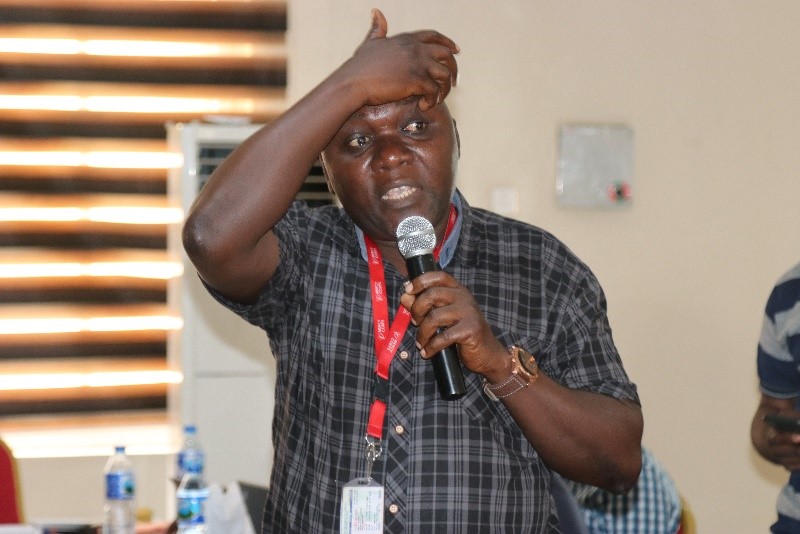
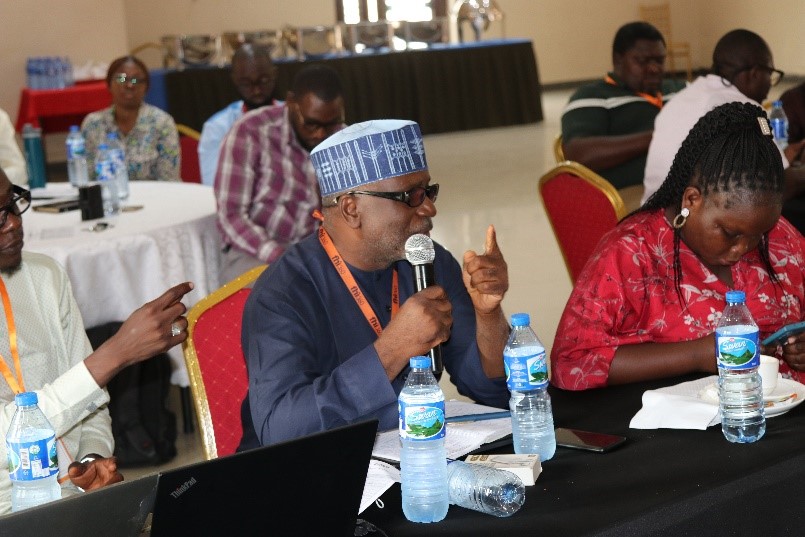
The NE-CORE project’s scope extends across four strategic locations: Bama, Banki, Damasak, and Ngala in Borno State, with a timeline spanning from May 2023 to April 2025. This endeavor takes place against the backdrop of a staggering humanitarian crisis, with an estimated 8.3 million people in Northeast Nigeria needing urgent assistance in 2023. Borno State, home to 3.9 million of these individuals, faces the most significant burden. Considering these sobering statistics, the role of humanitarian assistance remains paramount.
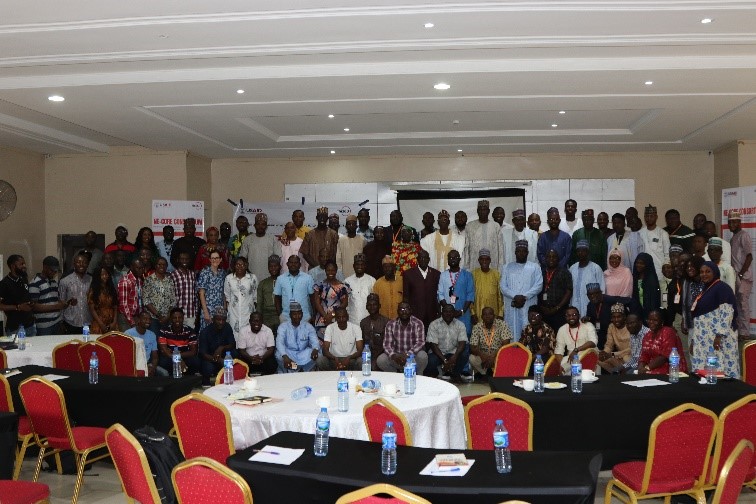

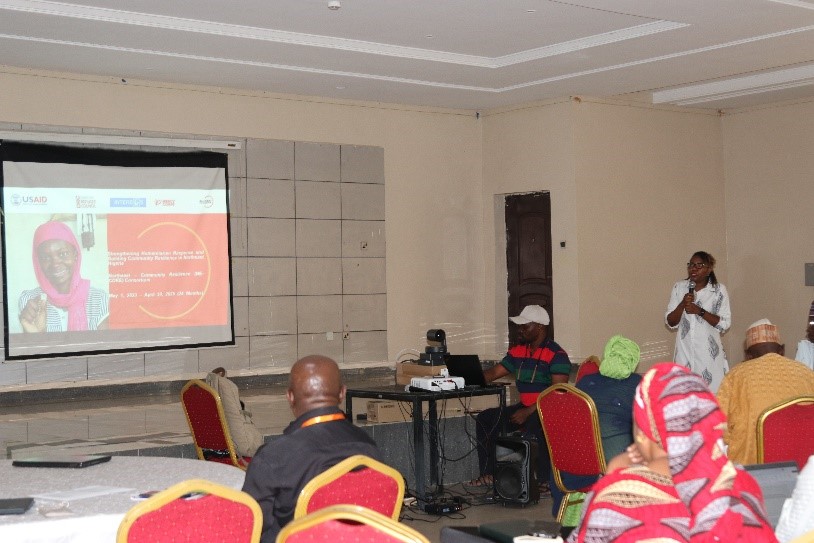
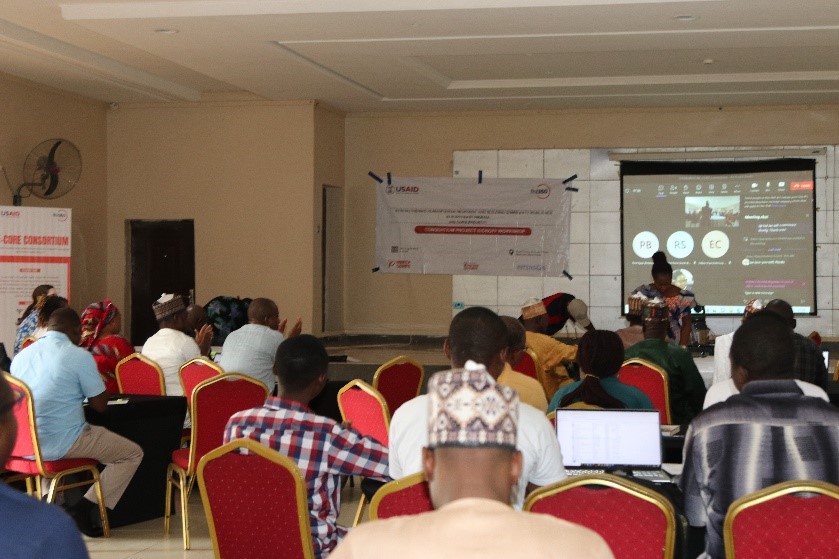
Key stakeholders present at the meeting thanked FHI 360 and USAID for their continuous support to the vulnerable people in hard-to-reach areas.

